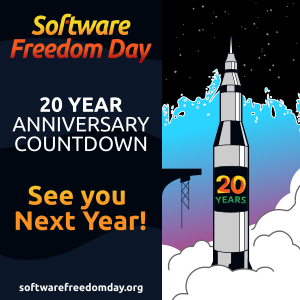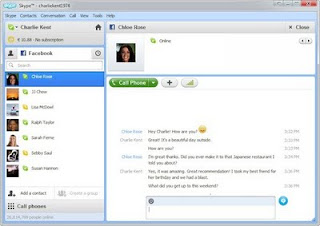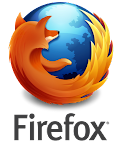
One part of the
sfd this year was the introduction for ReMO or the Mozilla Representative.
As a fresh grad of BS Computer Engineering, I'm interested in joining as ReMo.
I'm a Volunteer Student Assistant in our school,
EARIST during college days, I'm willing to pursue my journey to contribute to my school and community.
I'm sure being a ReMO helps me a lot when organizing events.
I love to be a ReMo hopefully someday.
Anybody there who is interested can apply online at
ReMo Wiki PageReMO - Overview
Source:
ReMo Wiki PageThe program, also known by its codename ReMo, aims to empower and support volunteer Mozillians who want to become official representatives of Mozilla in their region/locale and wherever they go.
Community is the backbone of the Mozilla project. As the Mozilla project grows in scope and scale, community needs to be strengthened and empowered accordingly. This is the central aim of the Mozilla Reps program: to empower and to help push responsibility to the edges in order to help the Mozilla contributor base grow.
The Mozilla Reps program provides a simple framework and specific tools to help volunteer Mozillians become official representatives of Mozilla in their region. Anyone who is passionate and knowledgeable about Mozilla and who is ready to dive deeper into the project can sign-up to the program. The Mozilla Reps program helps push responsibility and authority further outwards, to more Mozillians, making it much easier for volunteers organize and/or attend events, recruit and mentor new contributors, and support their local communities better.
A Mozilla Rep agrees to take on the following responsibilities:
represent Mozilla in their country/region
promote the Mozilla Project and our mission
build on and support existing/future local community efforts and programs
inspire, recruit and support new contributors
support and mentor future Mozilla Reps
document clearly all his/her activities
An "open" and "structured" program
The Mozilla Reps program is open to anyone who is:
passionate about the Mozilla Project
knowledgeable of the Mozilla organization, its mission, its products and its community
willing to communicate to as many people as possible and keen to inspire people to contribute to Mozilla
Although anyone can sign-up to become a Mozilla Rep, that doesn't mean you automatically become a Mozilla Rep after submitting your application. Because Mozilla Reps are entrusted with new responsibilities and special tools to manage budgets, events and swag, each application is carefully reviewed by the Mozilla Rep council and each applicant, if shortlisted, must pass a short a short interview before officially becoming a Mozilla Rep.



















